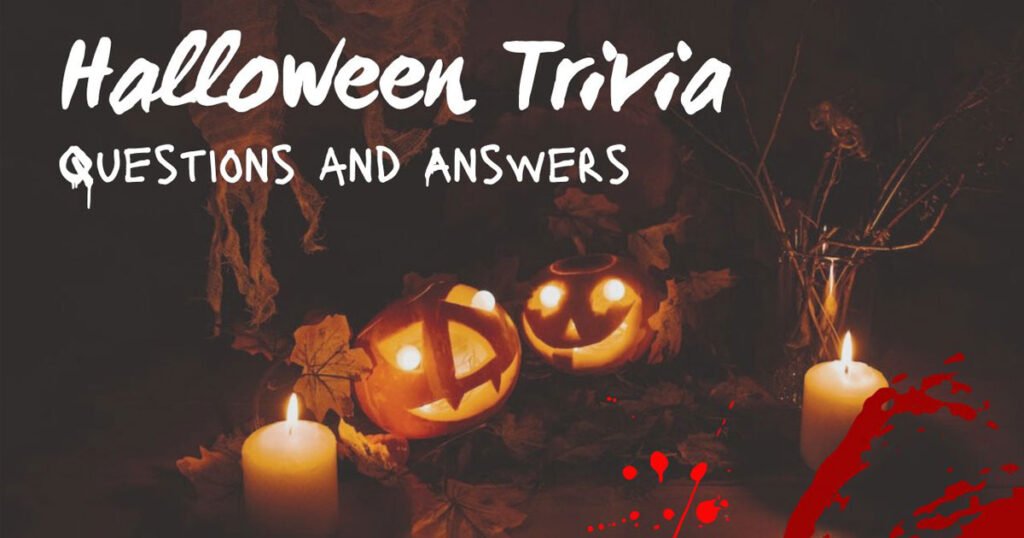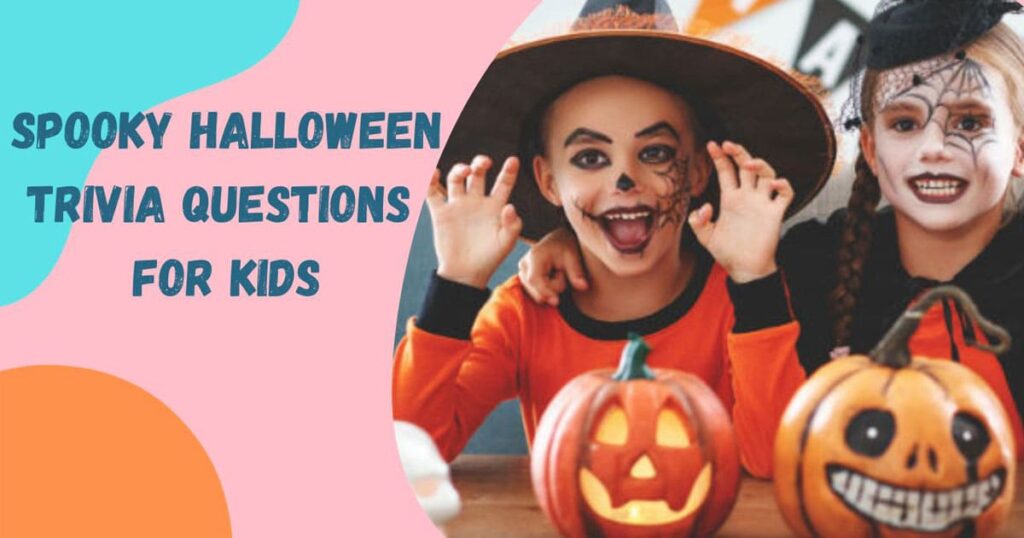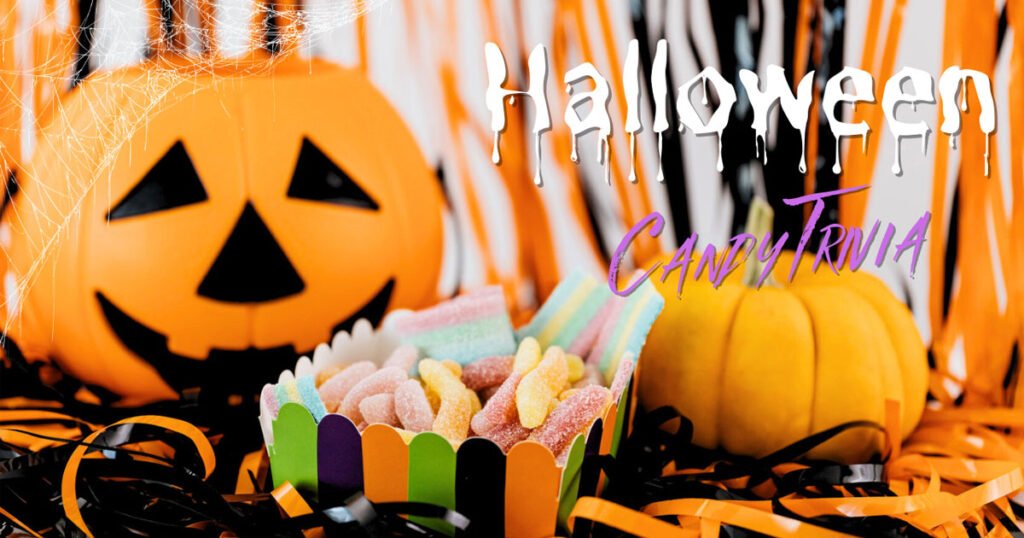Chinese New Year, celebrated by millions worldwide, marks the start of the lunar new year. It is a time for family reunions, festive meals, and traditional customs. Each year is associated with one of the 12 animals in the Chinese zodiac, adding unique characteristics to the celebrations.
The festival spans 15 days, culminating in the Lantern Festival. Decorations in red, symbolic of good fortune, are ubiquitous. Traditional foods like dumplings and rice cakes play a significant role in the festivities. Fireworks and lion dances are common sights, aimed at warding off evil spirits. This vibrant festival reflects China’s rich cultural heritage and communal values.
History Of Chinese New Year
Chinese New Year, also known as the Spring Festival, is a time filled with joy, celebrations, and fascinating traditions. One of the most intriguing aspects is the rich history behind this festival. Dive into the ‘History of Chinese New Year’ to uncover the origins, legends, and cultural significance that make this holiday so special.
Origins And Legends
The origins of Chinese New Year date back thousands of years. According to legends, the festival began as a way to scare off a mythical beast named Nian. This creature would come on the first day of the new year to devour livestock, crops, and even villagers.
- Nian was afraid of loud noises, bright lights, and the color red.
- Villagers used firecrackers, red lanterns, and red clothes to scare it away.
Historical records suggest that the festival was celebrated as early as the Shang Dynasty (c. 1600–1046 BC). It started as a time to honor deities and ancestors. People would make offerings of food and drink to ensure good fortune for the coming year.
| Dynasty | Significance |
|---|---|
| Shang | Initial celebrations honoring gods and ancestors |
| Zhou | Development of rituals and customs |
| Han | Formalization of the festival |
Over time, the festival evolved to include various customs and traditions. Each practice has a unique story and meaning, adding layers to the rich tapestry of Chinese New Year.
Cultural Significance
Chinese New Year is more than just a holiday; it is a time for families to come together. It marks the end of winter and the beginning of spring, symbolizing new beginnings and fresh starts.
The festival is celebrated with numerous customs that vary by region. Common practices include:
- Reunion Dinner: Families gather for a special meal on New Year’s Eve.
- Red Envelopes: Elders give children money in red envelopes for good luck.
- Dragon and Lion Dances: Performances to bring good fortune and chase away evil spirits.
The color red plays a significant role during the celebrations. It symbolizes luck, joy, and happiness. Homes are decorated with red couplets and lanterns, and people wear red clothes.
Chinese New Year is also a time to honor ancestors. Families set up altars with offerings of food, tea, and incense to show respect and seek blessings.
Each year is associated with one of the 12 animals of the Chinese Zodiac. This adds another layer of cultural meaning to the celebrations.
Overall, Chinese New Year is a festival rich in history and cultural significance. It brings together traditions, legends, and customs that have been passed down through generations.
101 Chinese New Year Trivia Questions And Answers
Traditions And Customs
Chinese New Year, also known as the Spring Festival, is a time steeped in rich traditions and customs. It is a celebration filled with vibrant decorations, meaningful rituals, and joyous gatherings. Families come together to honor their heritage and welcome the new year with hope and happiness. Trivia questions about these customs can be fun and educational, helping us appreciate the depth of this cultural celebration.
Family Reunions
One of the most important traditions during Chinese New Year is the family reunion. It’s a time when family members, no matter how far away, travel back home to be together. This reunion is a symbol of unity and love.
Here are some key points about family reunions:
- Family members gather for a big meal, often called the Reunion Dinner.
- It takes place on New Year’s Eve, marking the start of the celebrations.
- This meal is filled with traditional dishes that bring good fortune.
- Red decorations are used to ward off evil spirits and bad luck.
During these reunions, families also engage in various activities:
- Exchanging red envelopes filled with money, known as Hongbao.
- Setting off fireworks to scare away evil spirits.
- Sharing stories and memories to strengthen family bonds.
The significance of family reunions during Chinese New Year cannot be overstated. It’s a time to reconnect, reflect, and rejoice with loved ones.
Festive Foods
Food plays a central role in Chinese New Year celebrations. Each dish served during this time has a special meaning and is believed to bring luck and prosperity.
Some popular festive foods include:
- Dumplings – Symbolize wealth and prosperity because they resemble ancient Chinese money.
- Spring Rolls – Represent wealth due to their gold-bar-like shape.
- Fish – Signifies abundance, as the word for fish sounds like “surplus” in Chinese.
- Nian Gao (Rice Cake) – Means “higher year,” symbolizing progress and growth.
- Longevity Noodles – Represent long life and happiness.
Here is a table summarizing the meanings of these foods:
| Food | Meaning |
|---|---|
| Dumplings | Wealth and Prosperity |
| Spring Rolls | Wealth |
| Fish | Abundance |
| Nian Gao | Progress and Growth |
| Longevity Noodles | Long Life and Happiness |
These foods are not just delicious but also deeply symbolic. They reflect the hopes and aspirations of the people celebrating the new year. Every bite is a wish for a better future.
Zodiac Animals
Chinese New Year is a time of celebration and joy. One fun way to enjoy the festivities is by answering trivia questions about the Zodiac Animals. These animals play a big role in Chinese culture and represent different years in a 12-year cycle. Each animal has unique traits that influence the personalities of people born in that year.
The Twelve Animals
The Chinese Zodiac is made up of twelve animals. Each animal represents a year in a 12-year cycle. The cycle begins with the Rat and ends with the Pig. Here are the twelve animals:
- Rat
- Ox
- Tiger
- Rabbit
- Dragon
- Snake
- Horse
- Goat
- Monkey
- Rooster
- Dog
- Pig
Each year in the cycle is associated with one of these animals. People born in a particular year are said to have the traits of that year’s animal. For example, if you were born in the Year of the Dragon, you might be seen as strong and confident.
Here is a table to help you identify the animal for each year:
| Year | Animal |
|---|---|
| 2020 | Rat |
| 2021 | Ox |
| 2022 | Tiger |
| 2023 | Rabbit |
| 2024 | Dragon |
| 2025 | Snake |
| 2026 | Horse |
| 2027 | Goat |
| 2028 | Monkey |
| 2029 | Rooster |
| 2030 | Dog |
| 2031 | Pig |
Traits Of Each Zodiac
Each Zodiac animal has unique traits that influence the people born in that year. Here are some key traits of each animal:
- Rat: Quick-witted, resourceful, and smart.
- Ox: Hardworking, reliable, and strong.
- Tiger: Brave, confident, and competitive.
- Rabbit: Gentle, kind, and elegant.
- Dragon: Strong, confident, and enthusiastic.
- Snake: Wise, enigmatic, and intelligent.
- Horse: Energetic, independent, and impatient.
- Goat: Calm, gentle, and sympathetic.
- Monkey: Curious, clever, and mischievous.
- Rooster: Observant, hardworking, and courageous.
- Dog: Loyal, honest, and kind.
- Pig: Generous, compassionate, and diligent.
Knowing these traits can help you understand more about yourself and others. For instance, if you were born in the Year of the Horse, you might be very energetic and enjoy your freedom.
These traits are fun to explore and can lead to interesting conversations. You can even use them to guess someone’s Zodiac animal based on their personality!
FAQs About Chinese New Year Trivia Questions
What Is The Origin Of Chinese New Year?
Chinese New Year, also known as Lunar New Year, originated over 3,000 years ago during the Shang Dynasty. It marks the beginning of the lunar calendar.
Why Do People Celebrate Chinese New Year?
Chinese New Year celebrates the arrival of spring and the beginning of a new year. It is a time for family reunions, feasting, and honoring ancestors.
What Are Common Chinese New Year Traditions?
Common traditions include dragon and lion dances, fireworks, giving red envelopes, and preparing reunion dinners. Each tradition symbolizes prosperity and good luck.
How Long Does Chinese New Year Last?
Chinese New Year celebrations last for 15 days, starting from the New Year’s Eve to the Lantern Festival. Each day has specific customs and activities.
Conclusion
Exploring Chinese New Year trivia is both fun and educational. Enhance your celebrations with these fascinating questions. Test your knowledge, share with friends, and enjoy learning. Celebrate this vibrant festival with newfound insights. Remember, traditions are rich in history and meaning.
Happy Chinese New Year!



